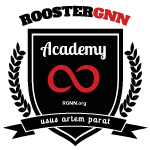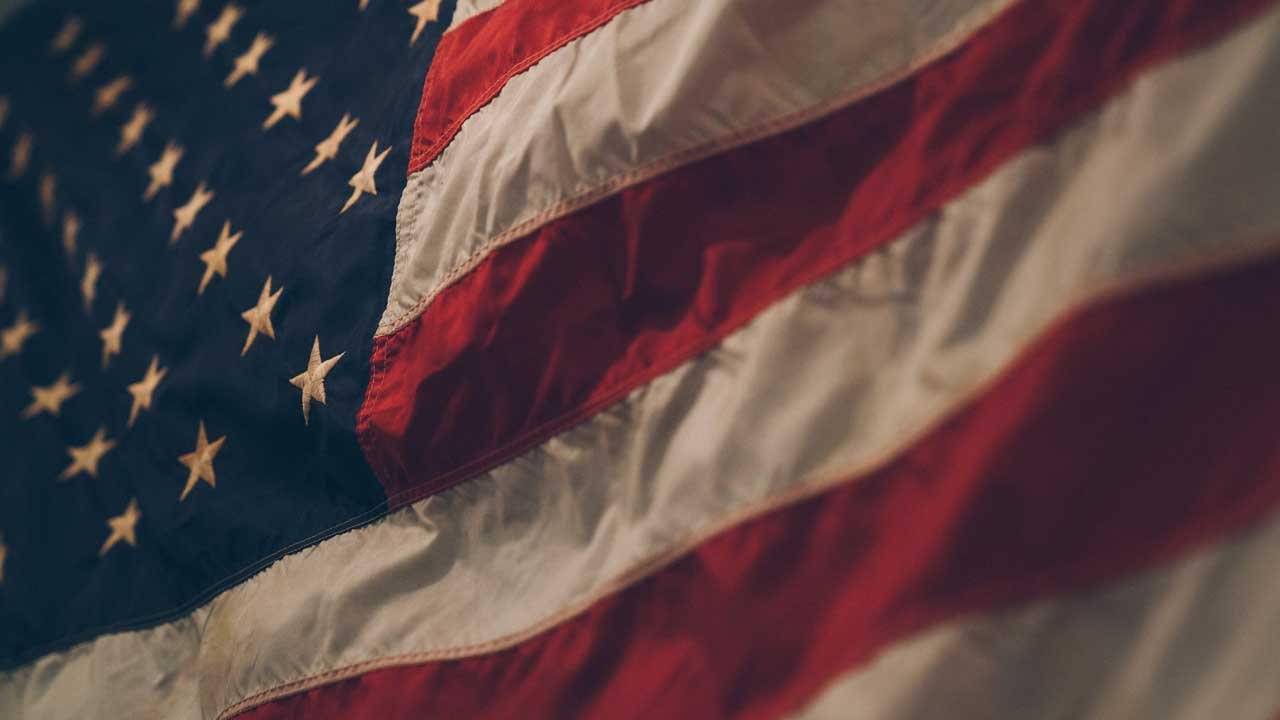
U.S. CITIZENS CAN TRAVEL TO CUBA WITH RGNN
IT'S SAFE AND LEGAL!
Yes, U.S. citizens can still travel to Cuba legally through ROOSTERGNN Academy. We are a Spain-based organization with strong international relations, including Cuba and the United States. As such, ROOSTERGNN Academy is permitted to offer “support for the Cuban people” category travel programs to Cuba by the U.S. Department of Treasury’s OFAC.
- Yes, Americans, you can still visit Cuba (Lonely Planet)
- 7 things you need to know about going tu Cuba now (New York Times)
- More info on travelling to Cuba as Americans
- Travel to Cuba for United States Citizens
- U.S. Department of State: Travel.State.Gov
- Updated June 04, 2019: Official U.S. Department of Treasury’s Cuba FAQs
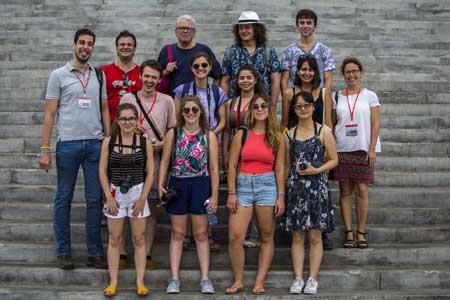
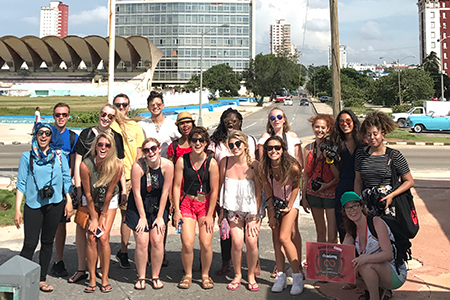
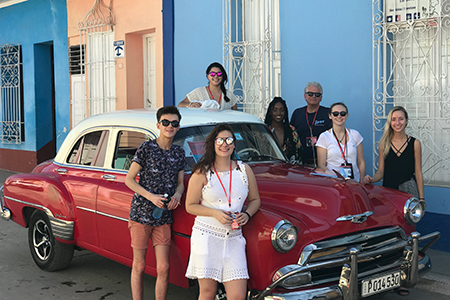
FAQs (FREQUENTLY ASKED QUESTIONS)
The American government, as part of its ongoing economic embargo of Cuba’s socialist government, announced in June new rules for Americans traveling to Cuba, which included a ban on cruise ships. It also eliminated one of the 12 categories under which travel to the island has been allowed, the educational and cultural trips known as “people to people” trips. However, Americans can still visit the island under the “support for Cuban people” category, either independently or on an accompanied tour. That category requires you to spend money at Cuban-owned businesses throughout your trip, something you are certain to do, even without trying.
There are currently 12 categories authorized to travel to Cuba by the U.S. Department fo Treasury OFAC. You will be traveling under the “Support for the Cuban people” category. Once enrolled, ROOSTERGNN will provide you with a detailed guide (including screenshots!) of the documentation you will need to fill out – it only takes about 5-7 minutes online!
Numerous commercial airlines, including American Airlines, United Airlines, Delta, Jetblue, etc., offer non-stop flights from the U.S. to Havana, Cuba. Book your flight online, it’s as easy as that!
The process is simple. Most commonly, when you buy a plane ticket, the airline will ask you to select the reason for your visit (for most people, “support for the Cuban people”). Arriving at the airport, you’ll go through customs to your gate, as you would for any other international flight. At your gate, there will be a booth where you can purchase your tourist card, the equivalent of a visa. The fee will depend on which airline you fly. (Some tourist cards can be bought earlier and delivered online or through the mail.)
Built into the price of most airline tickets is a $25 fee that pays for Cuban health insurance while you are on the island. In major cities there is usually a Clinica Internacional set up to treat visitors. Keep a printed copy of your ticket with you (or a digital one on your phone) to show the clinic if you end up needing to go to one.
No. The program is open to current students and non-students. You do not have be enrolled at a U.S. university to participate in our Travel Photography Bootcamp in Cuba.
In 2018, Cuba won the Excelencias Award as the safest country for tourism at the International Tourism Fair Fitur 2018 (more here). Our Bootcamp includes 24-hour emergency local support, which means that a staff member will be available to all students 24 hours a day, seven days a week.
Wi-Fi is spreading fast throughout Cuba. You can stay in touch with your friends and families while you are abroad.
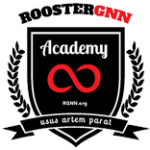
Year after year, we take students to Cuba, many of them are from the U.S.
Their experience on the Carribbean island is one that they never forget.
WHAT OUR STUDENTS SAY

“I liked the freedom to choose any article topic and the process of creating my article. RGNN Expert Benjamin Jones was open to any ideas we wanted to cover and I liked going out, doing the research, and then creating my work. This [Internship Seminar] just reinforced what I already know: you are a better person when you have seen more of the world and gotten outside of your small corner of the globe.”
— Jordan Hart, Palm Beach Atlantic University (Australia).

“I liked the variety of activities that also served as a learning experience, such as walking around for a photography workshop tour to see more of a city with someone who knows it very well but also get good tips on taking better quality photos”
— Natalie Bauta, University of Florida (USA).

“I liked that we were a small enough group that we were able to receive plenty of one-on-one guidance.”
— Jessalyn Jahn Castro, Midwestern State University (USA).

“I really, really appreciated a hard set of rules and guidelines and a packet of information to study. This gave [the Internship Seminar] a good sense of structure.”
— Laura Zornosa, Northwestern University (USA).

“What I liked about the Internship Seminar was that we were able to work one-on-one with RGNN Expert Benjamin Jones in order to go over the pieces we had written and receive feedback from him individually.”
— Shana-Kay Hart, Pennsylvania State University (USA).

“I really enjoyed getting to go out and actually gathering the information for my articles because I learned a lot by experiencing the culture myself.”
— Katie Bandish, Temple University (USA).

“After my Internship Seminar in Cuba with ROOSTERGNN, I have a better idea of stories to look for when traveling somewhere new, and I feel more confident pitching those ideas to other publications.”
— Gabriela Milian, Columbia University (USA).

“Working with professionals on a day-to-day basis as I created my articles and photographs was a priceless experience for me.”
— Noah Dockery, Grand Valley State University (USA).
